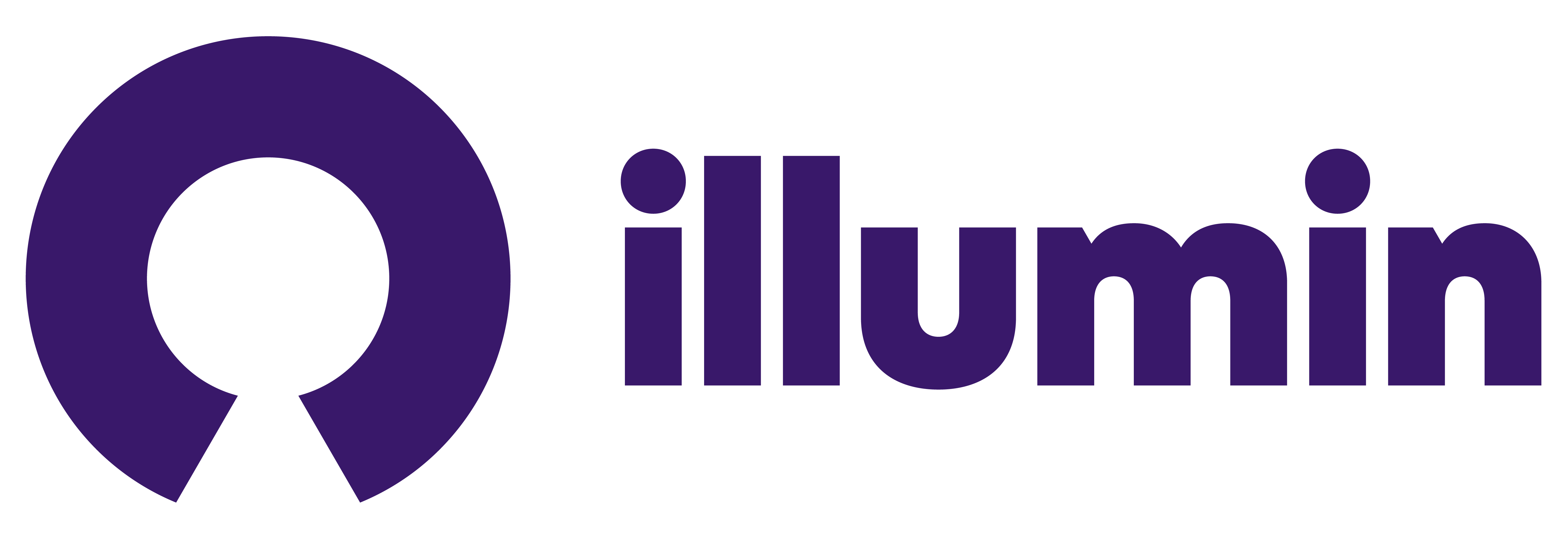Brief:
- Facebook on Friday sued Rankwave, accusing the South Korean app developer of misusing personal data to sell marketing and advertising, according to a company announcement. The social network asked the court to order Rankwave to allow an audit of its activities to determine whose data may have been shared without user consent.
- Facebook said it had suspended Rankwave after the company failed to cooperate with efforts to verify its compliance with the social network's policies. By filing the suit, Facebook wanted to send a message to app developers that it's serious about enforcing those policies, Jessica Romero, director of platform enforcement and litigation, said in the announcement.
- Rankwave ran at least 30 apps on Facebook's platform between 2010 and 2019, including one that claimed to measure a user's "popularity" by analyzing interactions with others, according to CNN. Facebook began investigating the company last year and formally asked Rankwave about possible misuse of user data in January.
Insight:
Ever since last year's Cambridge Analytica scandal, which revealed how a U.K. political consultant obtained the personal information of millions of Facebook users for ad targeting, the social giant has pledged to give its users more control over how their data is shared. The lawsuit against Rankwave is one indication that Facebook is following through on enforcing stricter data-sharing policies as it faces a fine of as much as $5 billion from the Federal Trade Commission for alleged privacy violations.
However, the latest lawsuit also demonstrates that Facebook may not have as much control over its platform as it claims. For a company that supposedly provides a nearly unrivaled ability to deliver highly targeted audiences to advertisers, it's somewhat disconcerting that the company didn't determine whose personal data was allegedly gathered and shared by Rankwave. Such an admission may bolster critics who want to punish Facebook or see the company broken up to limit its global reach among billions of people.
Facebook this year has emphasized its pivot to privacy as part of a broader strategy that's been compared to WeChat's. The Chinese messaging app doesn't provide privacy protections to its users, but it does act like a miniature mobile operating system on phones, giving users access to a broad range of services like shopping, ticket-buying, travel booking, ride-hailing and money transfers.
Because Facebook doesn't have its own hardware platform — aside from its Oculus virtual reality headsets and Portal smart displays — the company needs to establish a stronger foothold on mobile devices made by other companies such as Apple and Samsung. The lawsuit against Rankwave shows that Facebook is getting more serious about privacy, but it also raises doubts about the company's operations, questioning how it will handle privacy infringements in the years ahead.












